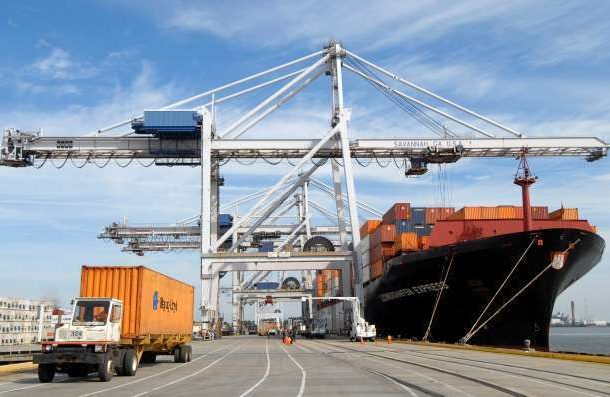By Prince Antwi
Executive Secretary of the Food and Beverage Association of Ghana, Sam Aggrey, has sharply criticised the country’s import tax regime, blaming it as a key factor behind the Ghanaian cedi’s depreciation and calling for urgent and comprehensive tax reforms.
Speaking on JoyNews’ PM Express on Thursday, July 3, following the launch of the National Democratic Congress’s (NDC) 24-Hour Economy policy, Mr. Aggrey argued that recent signs of cedi appreciation mean little for businesses without corresponding tax relief.
“Dollar depreciation is not being felt at all,” he said. “When the cedi moved from ¢3.80 to ¢16, the damage to businesses and the economy was immense. Now that it’s appreciating, we’re still struggling to recover from those earlier losses.”
He likened the situation to a double blow for businesses. “You’ve been hit with one bullet, and now you’re being hit again. So yes, the cedi may be gaining strength, but that alone doesn’t translate to relief.”
Mr. Aggrey emphasised that without intervention from the government in the form of reduced import duties and tax reforms, the appreciation of the cedi will not yield any tangible benefits for businesses.
“The recovery of the cedi must be accompanied by meaningful tax cuts so that businesses can actually feel the impact. As it stands, the underlying issues that caused the depreciation are still in place,” he warned.
According to him, the depreciation of the cedi was worsened by the introduction of multiple taxes and levies at the ports—policies the business community repeatedly cautioned against.
He recalled a meeting with former Finance Minister Ken Ofori-Atta, where stakeholders advised against the full implementation of the benchmark value recovery policy.
“We told him, ‘This will be a disaster. Let the cedi remain stable.’ But he insisted on moving to 100% recovery, which led to increased import duties and intensified the cedi’s depreciation,” Aggrey said. “At the time, the cedi was around ¢11 to a dollar. The result of that decision? More losses and financial strain.”
Now, with the cedi showing signs of recovery, Aggrey is urging the government to either step back or move forward with deliberate reforms to ease the burden on importers.
“There are nearly 21 different taxes imposed on a single imported item,” he said. “It’s suffocating. We need a complete overhaul of the tax system to create breathing space for businesses.”
